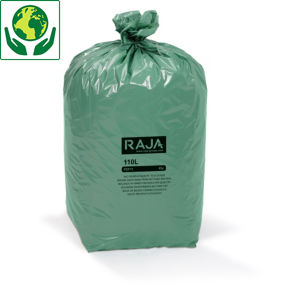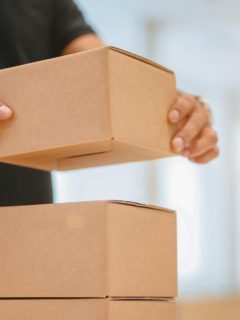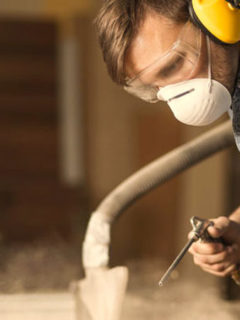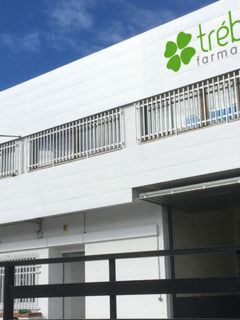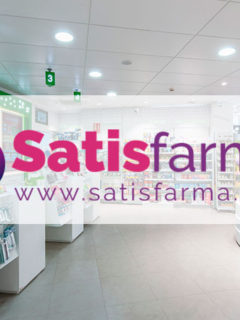The packaging industry “has proven to be an essential and indispensable sector for the world to continue to function” during the SARS-CoV-2 health emergency, according to the Hispack show at Fira de Barcelona, which is leading a campaign of recognition under the hashtag #ThePackagingForceand that is packaging:
- It has been crucial in ensuring the safe transport of food and pharmaceuticals.
- It has enabled the growth of online sales and home delivery, simplifying the preparation of orders.
- It has helped to reinforce hygiene in areas such as hospitality and catering.
However, protecting oneself from the virus through packaging, bagging and the use of single-use items also has a flip side: an increase in the consumption of plastics that has temporarily displaced other packaging options more sustainable packagingaccording to Ecoembes records, the volume of waste deposited in the yellow bin grew by 15% in the first weeks of the alarm state. Will it be feasible to take care of our health and at the same time the planet in the new normal? What role should packaging play? At RAJA® we are looking for answers with you.
Consumption of packaging and PPE during the coronavirus crisis
The upturn in demand for packaging due to the pandemic has been concentrated in the food, pharmaceutical and e-commerce sectors. Consumers have been increasingly turning to packaged products (including fresh produce, fruit, vegetables and bread) and making more purchases from home, either by phone or online, which has led to a rise in e-commerce packaging.
On the other hand, supermarkets, delivery and take-away out lets have had to invest not only in packaging, but also in the safety of their customers and employees by providing them with COVID-19 protective products.
These personal protective equipment (PPE) and collective protective equipment (PPE) are, precisely and to a large extent, responsible for the increase in the generation of plastic waste. Many of them, such as masks and gloves, are disposable; and others, such as goggles, face shields or Plexiglas panels, will have no further use when the pandemic is declared over. The problem is aggravated because, in order to prevent the spread of the virus, they must be disposed of outside the recycling circuits. Therefore, one of the great global challenges in the short term will be to correctly manage the disposal of these materials.
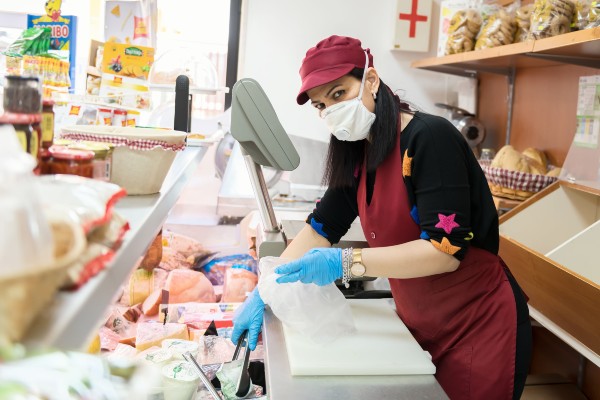
The role of packaging and single-use items in de-escalation
If packaging and packaging has been key during the critical phase of the fight against the coronavirus, it will be no less so during de-escalation and the new normal. A Nielsen survey indicates that online shopping habits are here to stay: 24% of respondents say they will continue to buy fresh food online, while 26% will do the same for packaged food, and 27% for beverages.
Meanwhile, a virtual round table discussion organised by Ainia with representatives from three FMCG giants (Mercadona, Consum and IKEA) shows that people have found that packaging and plastic are an added safety bonus compared to COVID-19. Retailers underline the usefulness of these packaging solutions during the epidemic, and believe that this trend is a “necessary step backwards” in environmental terms. But they point out that the search for alternative solutions, as well as the promotion of recycling and the circular economy, will remain high on their agenda.
In the same vein, the Ministry for Ecological Transition is working on a draft Law on Waste and Contaminated Land, which foresees, among other measures, a ban on the marketing of single-use plates, cups, cutlery and straws from July 2021.
Principles for sustainable and safe packaging in the new normal
On a practical level, what can you do to make COVID-19 prevention compatible with respect for the environment in the choice of packaging for your business? RAJA® has three ideas for you:
- A reusable or returnable packaging does not have to be less safe than a disposable one. It is enough to subject it to an adequate cleaning and disinfection process with the viricides authorised by the Government. In fact, the Spanish Agency for Food Safety and Nutrition (Aecosan) does not urge, for example, to replace reusable bags with single-use ones when shopping; what it advises is to wash them after each use.
- Coronavirus protection is not to be confused with over-packaging packaging must be the right size and format for the goods it holds: not by putting one box inside another or overlapping layers of different materials, with the waste that this entails, will the product travel more safely.
- The rAJA® EcoResponsible packagingmade from recycled and/or recyclable raw materials are the best solution for quality, environmentally friendly and durable packaging, now and forever!
don’t lose sight of the 5 R’s of packaging! With RAJA® you don’t have to choose between customer satisfaction and your green conscience. Visit our online shop or give us a call and equip your warehouse with the most resistant and innovative packaging!











